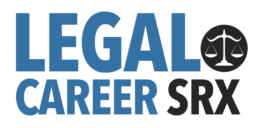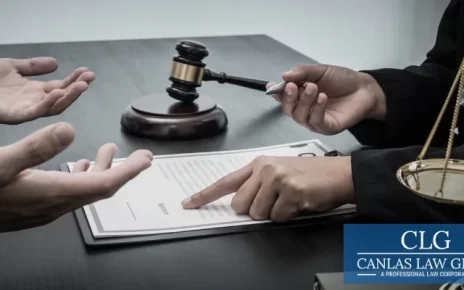Lobbyists in Washington, D.C., represent different classes, incorporating industries, skilled alliances, and non-profit organizations, in legislative findings. They raise awareness of their concerns among Congress and government officials despite believing they only represent special interests. Lobbyists offer affordable services, making lobbying more accessible. Modifications to federal legal and regulatory frameworks impact an organization’s financial results and operational procedures. Lobbyists represent clients’ interests in significant discussions within government buildings in Washington, D.C., ensuring public access to elected officials’ names. As you search for a DC lobbying firm, there are things you need to take into consideration, and we will list them down below.
Some of the crucial things you need to consider when looking for a lobbyist include the following;
1. Federal or State
The type of lobbying you need depends on your goals. State-specific lobbyists are ideal for challenging state regulations or competing for state funding, while Washington-based experts are ideal for federal funding or policy contestation.
2. IRS lobbying regulations
IRS Lobbying Regulations are crucial for nonprofits applying for 501(c)(3) status. Nonprofits must be “insubstantial” and not consider lobbying a substantial part of their activities. They can use 20% of their budget for lobbying, while 501(c)(4) organisations can lobby indefinitely.
3. Experience is vital
Assess a potential lobbyist’s background, including their understanding of legislative procedures, regulatory frameworks, political environments, and their track record of effective advocacy and relationships with influential figures.
4. Openness and confidence
Transparency and trust are crucial for a successful lobbying partnership. Regular updates on plans, tactics, challenges, and a strong reputation for integrity, honesty, and ethical conduct are essential.
5. Great listener
Lobbyists must listen attentively to policymakers in meetings to interpret subtle messages and make a strong case, as language is crucial in politics, and legislators’ word choice is essential. Lobbying involves advocacy, talking, and persuasion. Listening is critical in understanding how your message is being understood. Please pay attention to what politicians say and observe them during meetings to gauge their performance, as people are generally polite and unlikely to say negative things.
Things to be convenient with before you hire a lobbyist
1. Use a bait-and-switch
Organisations often choose lobbying firms based on a prominent individual, only to find junior associates handling their files. While new personnel can keep things fresh and prepare for seniority, clients should not bear the cost.
2. Use of social media excessively
Using social media excessively can be concerning when hiring a lobbyist, as it may overshadow the primary means of lobbying. While social media can raise awareness and influence government decision-making processes, it is not the primary tool for lobbying. Compelling business cases can change laws, policies, and regulations.
3. Hourly rates vs retainers
Hourly rates and retainers are acceptable for lobbyists, but clients should understand the purpose of their time. Some clients have experienced charges from former consultants or consultants who charged them for their time.
Conclusion
Anyone looking for a lobbyist should go through this piece to be on the right track.





